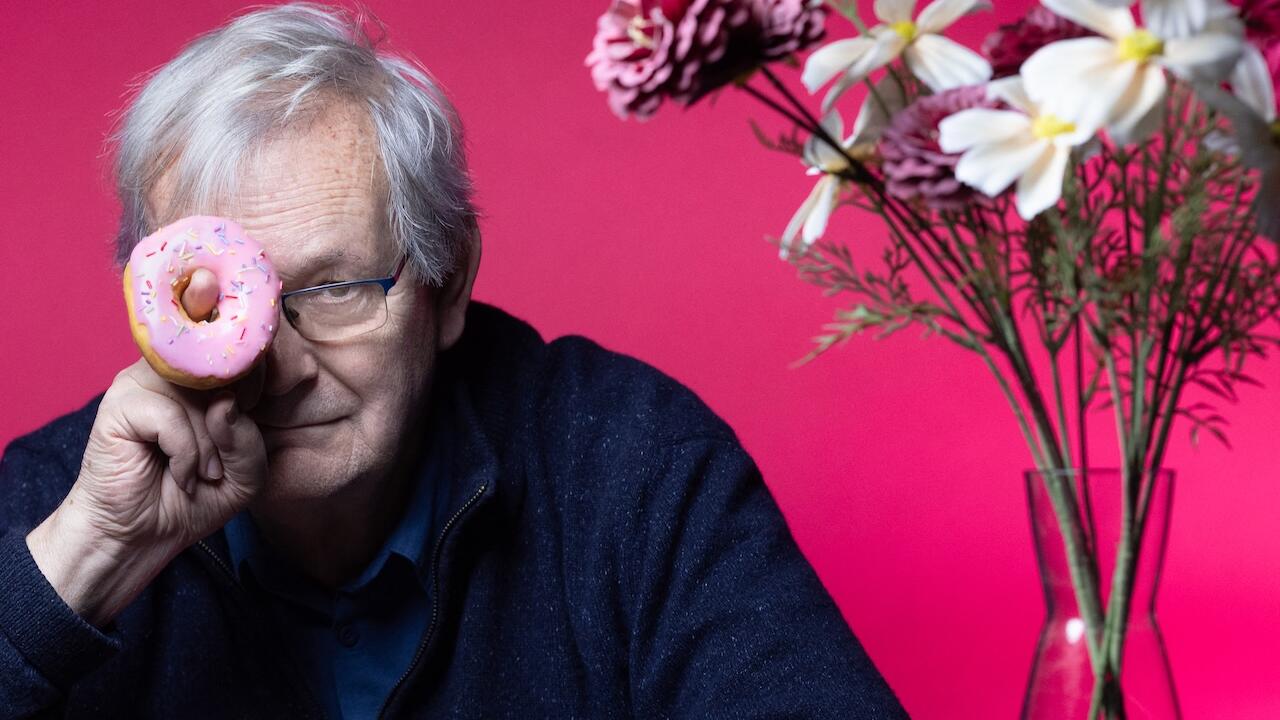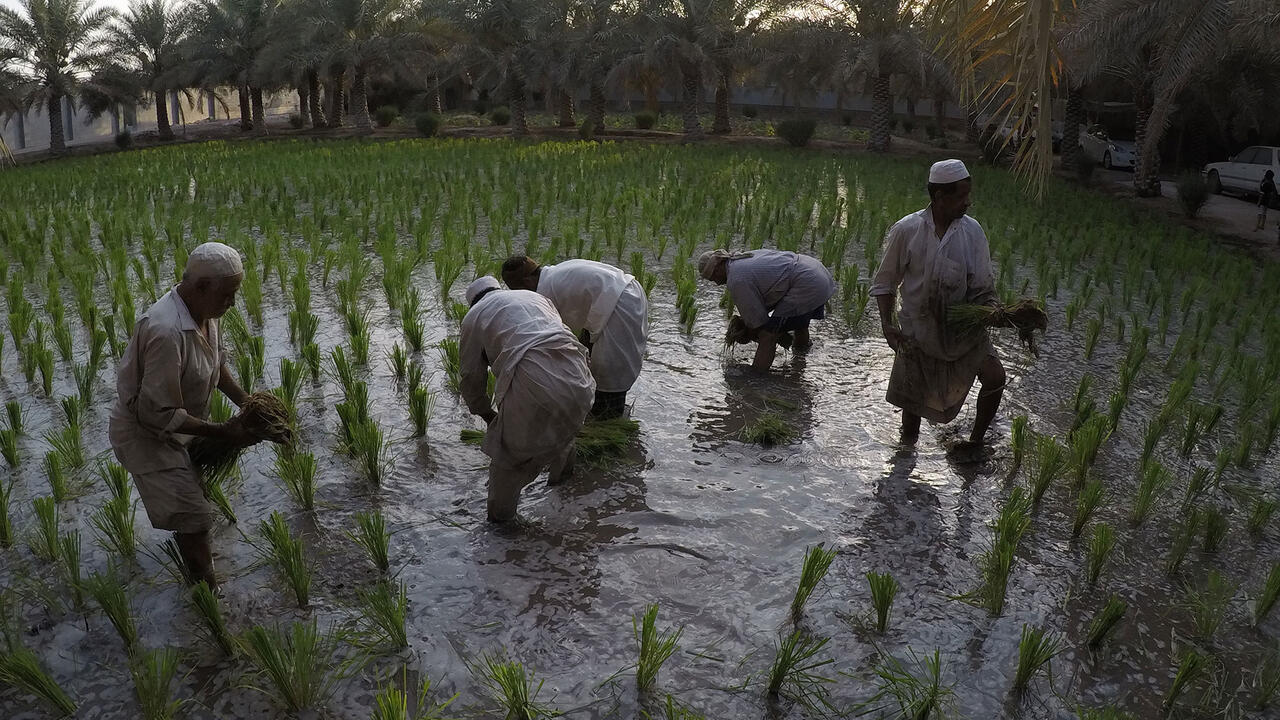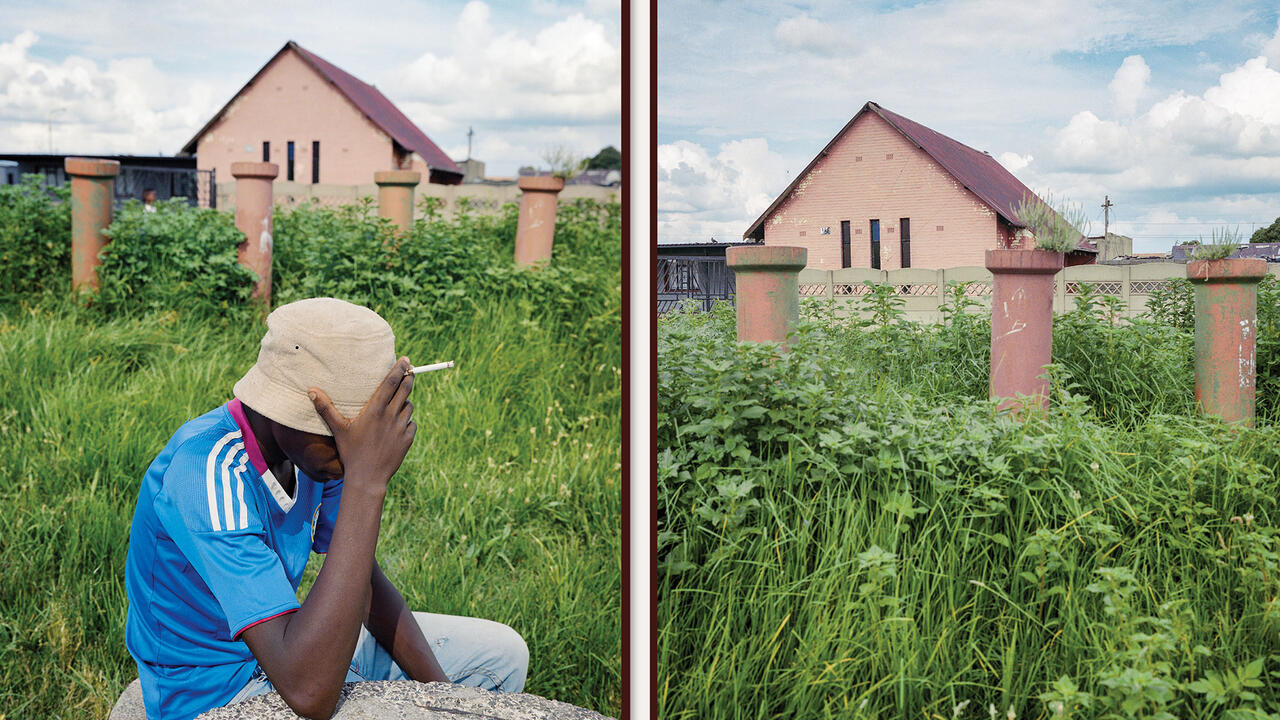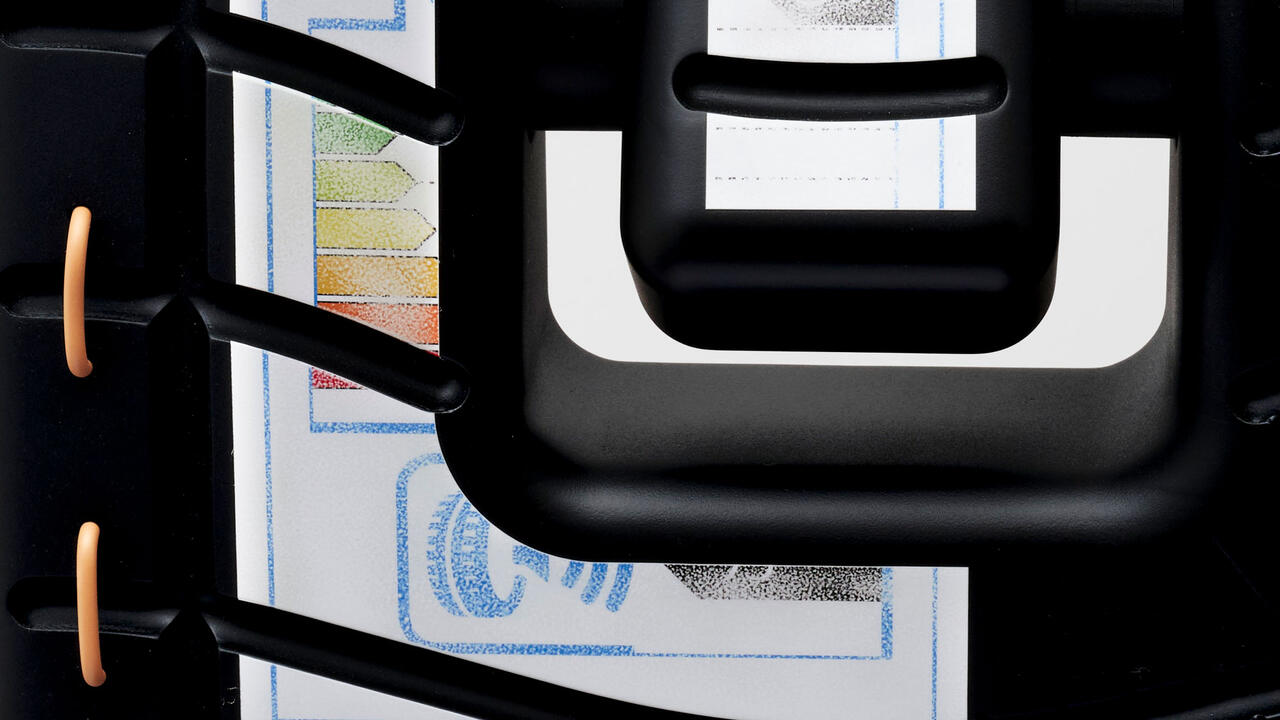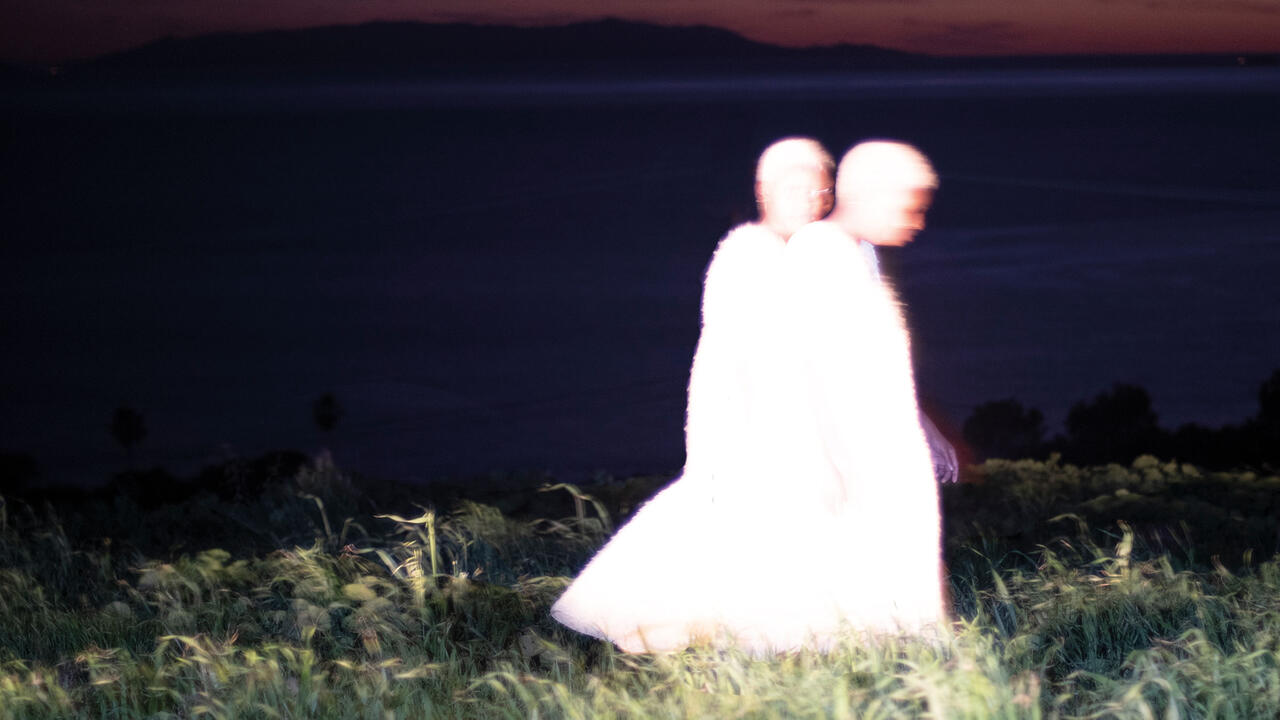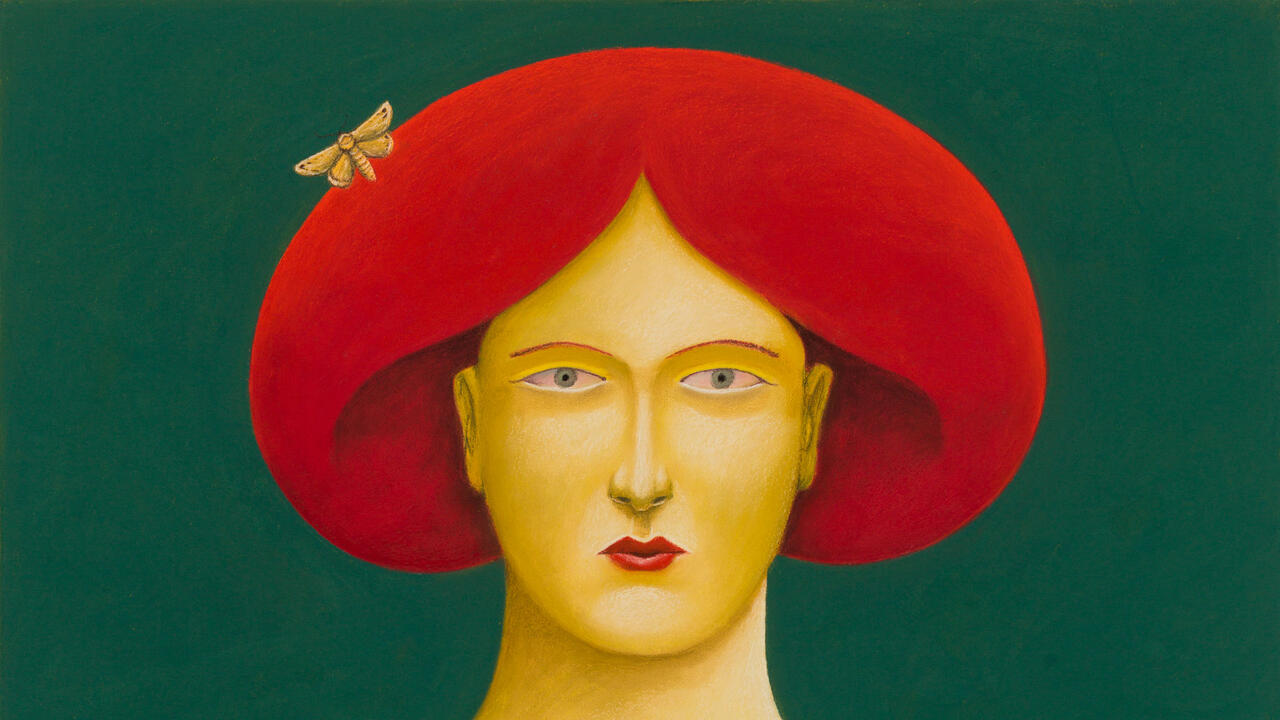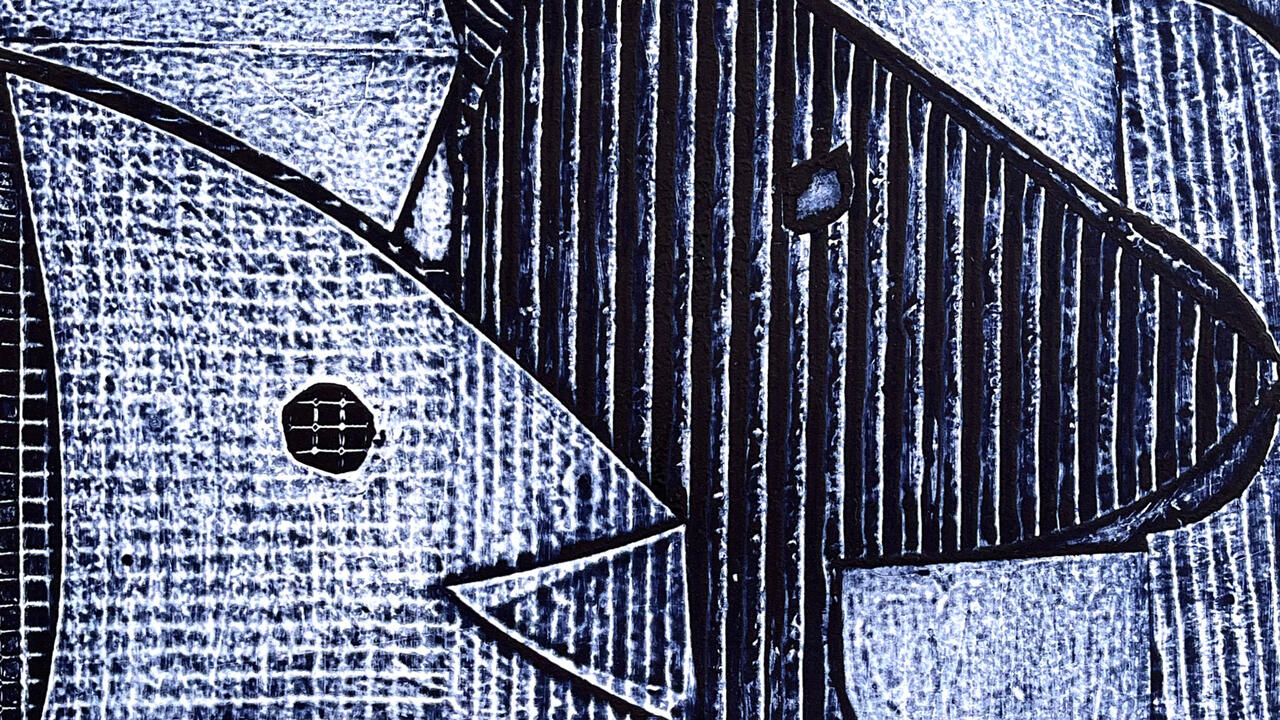The Jailing of Bangladeshi Photographer Shahidul Alam Is a Travesty for Free Speech
The arrest of the photojournalist for ‘provocative comments’ over Dhaka protests makes clear that personal liberty across the region is a sham
The arrest of the photojournalist for ‘provocative comments’ over Dhaka protests makes clear that personal liberty across the region is a sham

Dhaka, capital of Bangladesh, has the second largest population of active Facebook users of any city in the world. Bangladesh is also a country in which social media’s popularity goes together with increasing political repression. For instance, in April 2017, Monirul Islam, a rubber plantation worker from Srimongol, South Bangladesh, was arrested for ‘defaming the country’s prime minister’ by liking and sharing a Facebook post that included a caricature of Prime Minister Sheikh Hasina. A case was filed condemning Islam under Section 57 of the Information and Communication Technology Act (ICT), describing his actions as a ‘betrayal to the country’. Islam was denied bail, and detained for over three months before the High Court issued papers for his release (the author of the original Facebook post went into hiding for fear of his own arrest).

The ICT is an intentionally ambiguous piece of legislation that provides ample cause for arbitrary arrests, in which offences include using digital media to ‘cause damage to the state’ or ‘create anarchy’. Officers do not need to produce warrants for arrests; courts are given permission to restrict bail (which they almost always do); and the minimum prison term is seven years (the maximum, 14). As listed in a recent Human Rights Watch report, the police have filed 1,271 charges under the act since 2013. In the first three months of 2018 alone, the number was at 282.
With increasing ferocity, the Bangladeshi state has been actively detaining and fining civilians for hitting ‘like’ and ‘share’ buttons on Facebook. On 5 August 2018, seven days into a student-led protest over Dhaka’s dismal road safety infrastructure (following the deaths of two children, killed by a speeding bus in July), photojournalist, teacher and social activist Shahidul Alam became the latest victim of the ICT act. Alam was abducted from his home by around 30 plain clothes officers of the Detective Branch, a ‘specialized’ unit of the Bangladeshi police.

The arrest came hours after Alam had given an interview to Al Jazeera and uploaded videos to Facebook in which he stated his solidarity with the protesting students, and condemned government corruption. Alam referred to the police’s violent tactics: striking student protesters with rubber pellet guns and tear gas shells, and even wooden batons. And he decried ‘the looting of banks, the gagging of the media, the extra-judicial killings […] a never-ending list.’ Alam has said that, on the night of his detention, he was tortured and verbally abused. For an appearance in court the next day, Alam claims that his bloodied clothing was washed and ironed before it was put back on him, in an attempt to hide evidence of any assault. He was brought into court on 12 August, the seventh day of his remand, without warning – his lawyers were not present to object – and sent to prison in a yet unknown location, and for an unspecified amount of time.
In his 2013 essay ‘With Photography as my Guide’, Alam writes that he took to photography by accident: ‘My images weren’t great, but they were original.’ Part of this originality stemmed from Alam’s outright refusal to peddle any poverty or disaster porn, a genre of photography that is often favoured by the international press in its images from the subcontinent, and especially from Bangladesh. Alam began his career by extensively photographing protests against the military dictator Hussain Mohammad Ershad in 1982. When Ershad was finally ousted, Alam was there to photograph a woman casting her vote in a makeshift ballot booth in 1990. In 1991, a deadly cyclone hit Bangladesh, and, as Alam writes, ‘Suddenly, members of the Western media were all over us, their appetites insatiable. The image of the starving Bangladeshi with outstretched arms with the white man as the saviour was what they craved. My battle had just begun.’ Alam instead sent through images of people rebuilding boats, planting fresh crops, and medical workers providing care.

In an effort to articulate a new vocabulary for the subcontinent, in 1989 Alam founded the Drik Picture Library in Dhaka to address issues of advocacy and social justice. ‘We didn’t only take photographs. We used language, coining the term ‘Majority World’ as we found the descriptors ‘Third World’ or ‘Developing countries’ problematic,’ Alam writes. In the same year, he also established the Pathshala School of Photography in South Asia, a fully equipped photo resource center in Dhaka. Together with members of Drik and Pathshala, Alam initiated the Chobi Mela in 2000, a festival of photography that has gained much significance in South Asia, the tenth edition of which is scheduled for February 2019.
‘For those who don’t know Shahidul, he is the sky in which we learned to fly,’ writes Kolkata-based photographer Ronny Sen in just one of the many statements of solidarity over Alam’s arrest and detention. Messages have flooded in from across the globe, with protests taking place in Kolkata, London and Kathmandu. As we are haltingly relayed pieces of information on Alam’s shameful treatment and arrest, it is worth reflecting on how the subcontinent faces a severe crisis of freedom of speech, manifest in a wave of state-repression and sanctioned vigilantism. On the same day that Alam was arrested, artist Qutub Rind was brutally beaten and pushed to his death from the third floor of a building in Lahore, Pakistan. Early reports on Rind’s death suggest that an altercation began over Rind being accused of committing ‘blasphemy’ through his artworks. Just last April, university student Mashal Khan in Mardan, Pakistan, was lynched by a mob for posting ‘blasphemous’ content on social media. Pakistani laws against blasphemy are strict and allegations of ‘blasphemy’ are prone to trigger violent public reactions.

In India, it is much the same: newspapers have begun referring to social media as a new ‘serial killer’ – as of May 2018 alone, at least 16 people have been lynched by mobs fueled by posts circulating through Facebook and WhatsApp. It is widely believed that much of this fake news is produced by troll farms with close ties to political parties. In Bangladesh, since Alam’s abduction, and the quick dissemination of the news in the international press, there have been rumours that propaganda videos are being released through WhatsApp and Facebook to implicate other prominent people in arts, publishing and journalism. And without question, many are being closely surveilled. Along with Alam, countless other journalists, bloggers, writers and members of the public are currently being detained under the ICT act. ‘Freedom of speech’ increasingly looks like a contemporary myth, with citizens of the subcontinent living under the mere guise of personal freedom.
Main image: Shahidul Alam, 8 August 2018. Courtesy: AFP and Getty Images








